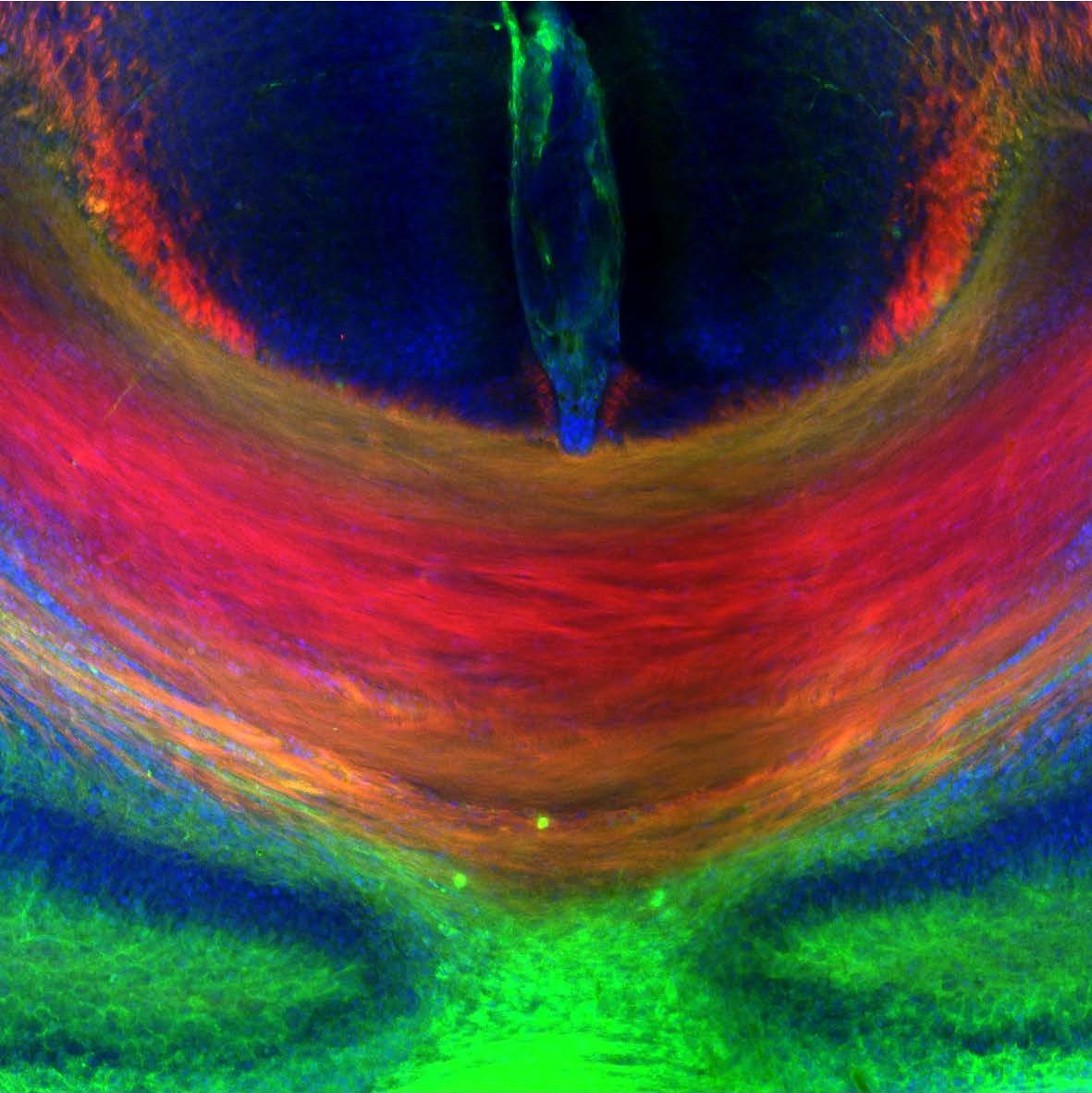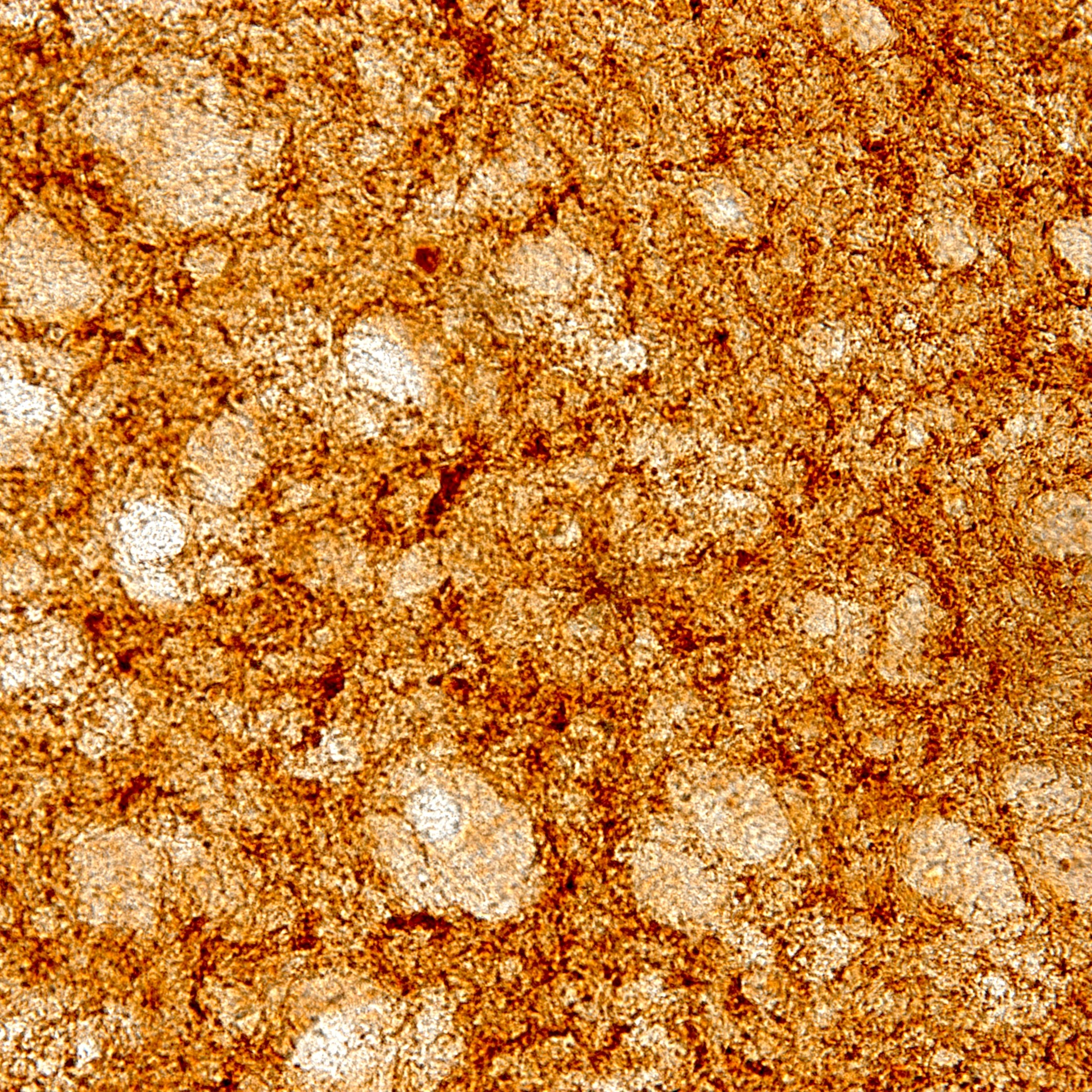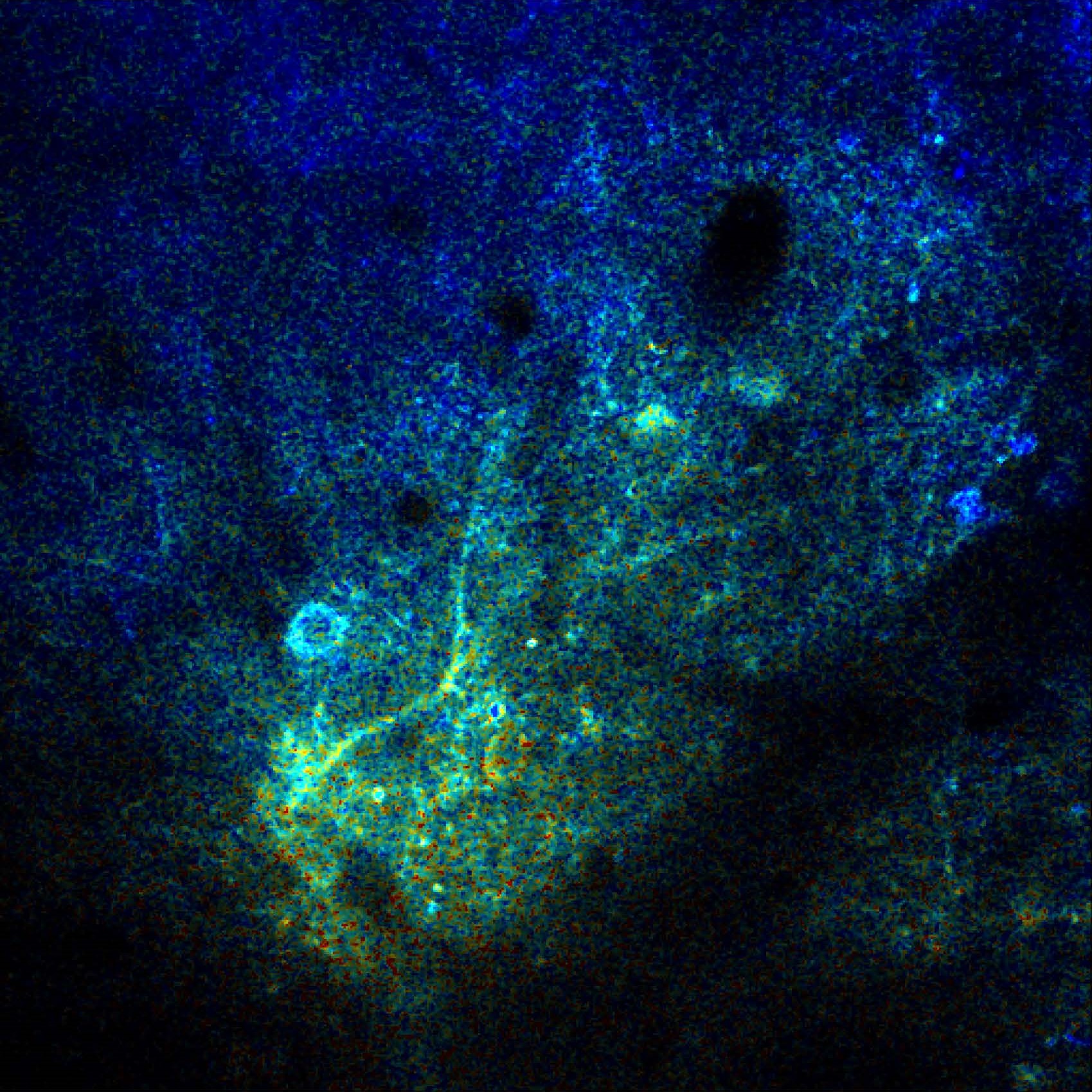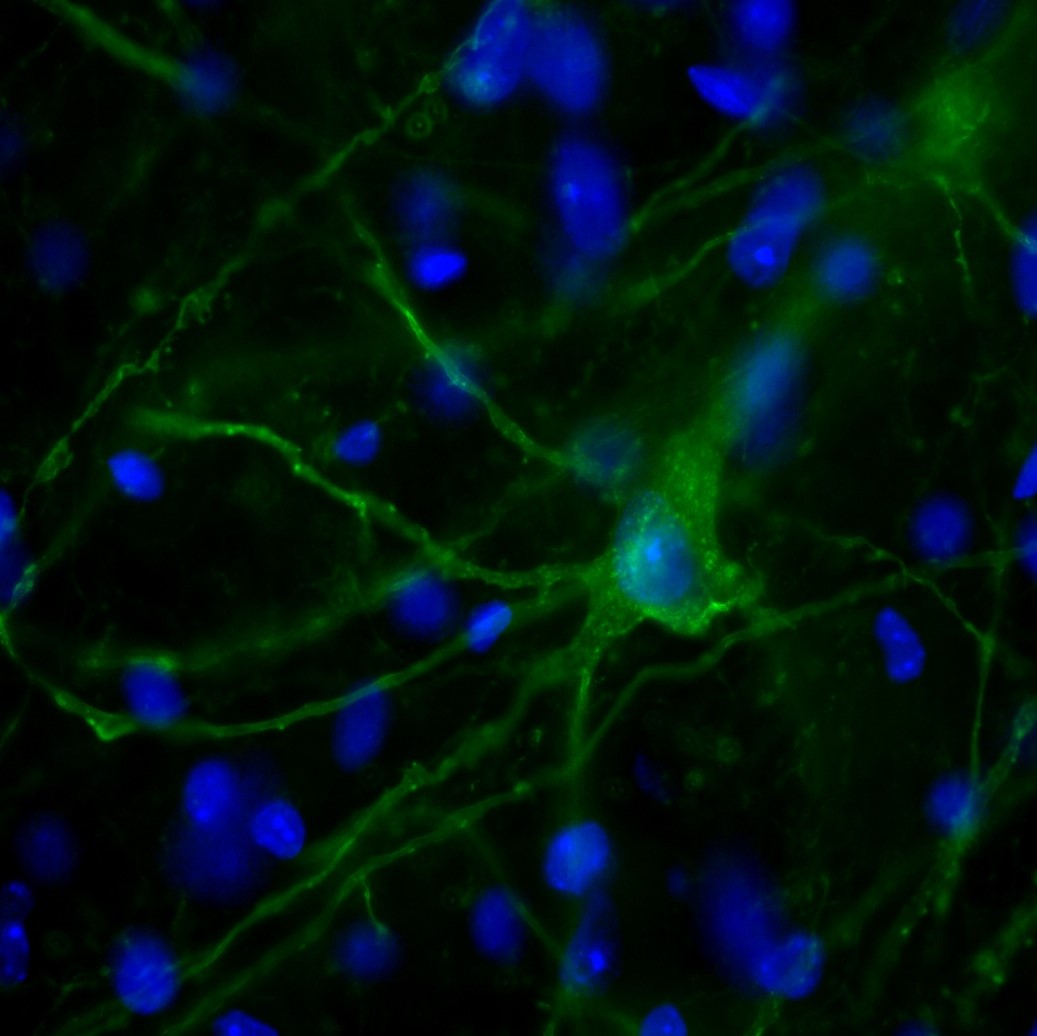Neuroscience Research
See the most-shared articles published in September and October 2021.
The midline topographical organization of the corpus callosum of a newborn mouse.
See the most-shared articles published in July and August 2021.
Striatal Neurons of a Parkinson’s disease model
See the most-shared articles published in May and June 2021.
An image of cortical neurons in the mouse model of Alzheimer’s disease.
See the most-shared articles published in March and April 2021.
A confocal image showing a neuron, likely a fusiform cell, at the dorsal cochlear nucleus of a coronal slice from a mouse expressing CaMKIIα-ChR2-eYFP along its somatic membrane and dendrites.
See the most-shared articles published in January and February 2021.
Read a collection of responses from authors about using estimation statistics in their analyses.
FOLLOW US
TAGS
CATEGORIES







 RSS Feed
RSS Feed




